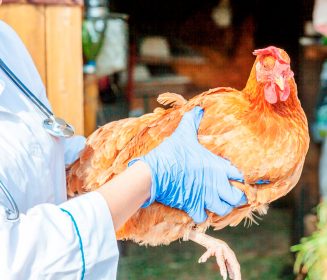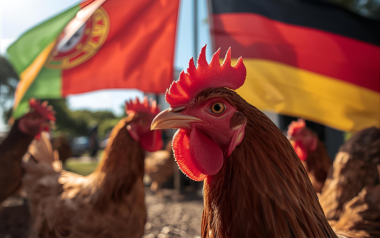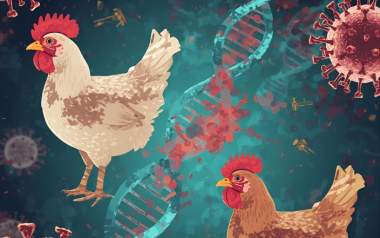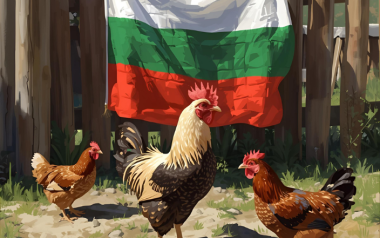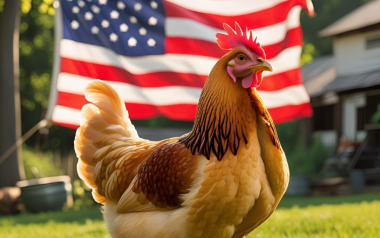Sources: Available upon request.
02 Dec 2024
Avian Influenza arrives in New Zealand
On December 1, 2024, New Zealand confirmed its first-ever case of highly pathogenic avian influenza (HPAI), specifically the H7N6 variant. This marks a significant event in the country’s biosecurity history, as it had previously been free from such outbreaks.
On December 1, 2024, New Zealand confirmed its first-ever case of highly pathogenic avian influenza (HPAI), specifically the H7N6 variant. This marks a significant event in the country’s biosecurity history, as it had previously been free from such outbreaks.
The virus was detected on a commercial egg farm in Otago, located on New Zealand’s South Island. The affected farm, managed by Mainland Poultry, reported that 3,500 out of 220,000 free-range hens had died from the virus. Biosecurity New Zealand quickly implemented strict movement controls and established a 10-kilometer buffer zone around the farm to prevent further spread.
Origins and spread
The H7N6 variant found in New Zealand is believed to have originated from interactions between domestic chickens and wild waterfowl, such as ducks, geese, and swans. These wild birds often carry low pathogenic avian influenza viruses, which can mutate into highly pathogenic forms when they come into contact with poultry. This particular strain is not related to the H5N1 type that has caused significant concern globally.
Biosecurity measures
In response to the outbreak, Biosecurity New Zealand has taken swift action to contain the virus. The affected farm has been placed under strict quarantine, and all movement of animals, equipment, and feed has been restricted within the buffer zone. Depopulation of the infected flock is underway to prevent further transmission.
Stuart Anderson, Deputy Director-General of Biosecurity New Zealand, emphasized the importance of these measures, stating that the quick response aims to eradicate the virus before it can spread to other farms. Mainland Poultry’s Chief Executive, John McKay, expressed confidence in the measures, noting that the company had been preparing for such an event due to the presence of low pathogenic avian influenza in wild birds.
Impact and future outlook
While the immediate impact of the outbreak is significant, with the loss of thousands of hens and potential economic repercussions for the poultry industry, there are no human health or food safety concerns associated with this strain of avian influenza. Thoroughly cooked poultry products remain safe for consumption.
The incident underscores the importance of robust biosecurity measures and the need for ongoing vigilance in monitoring and controlling avian diseases. New Zealand’s swift response serves as a model for managing such outbreaks and highlights the critical role of cooperation between government agencies and the agricultural sector.
As New Zealand navigates this new challenge, the focus will remain on containment and prevention, ensuring that the country’s poultry industry can recover and continue to thrive without further disruptions.








